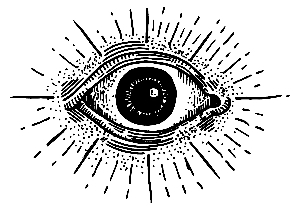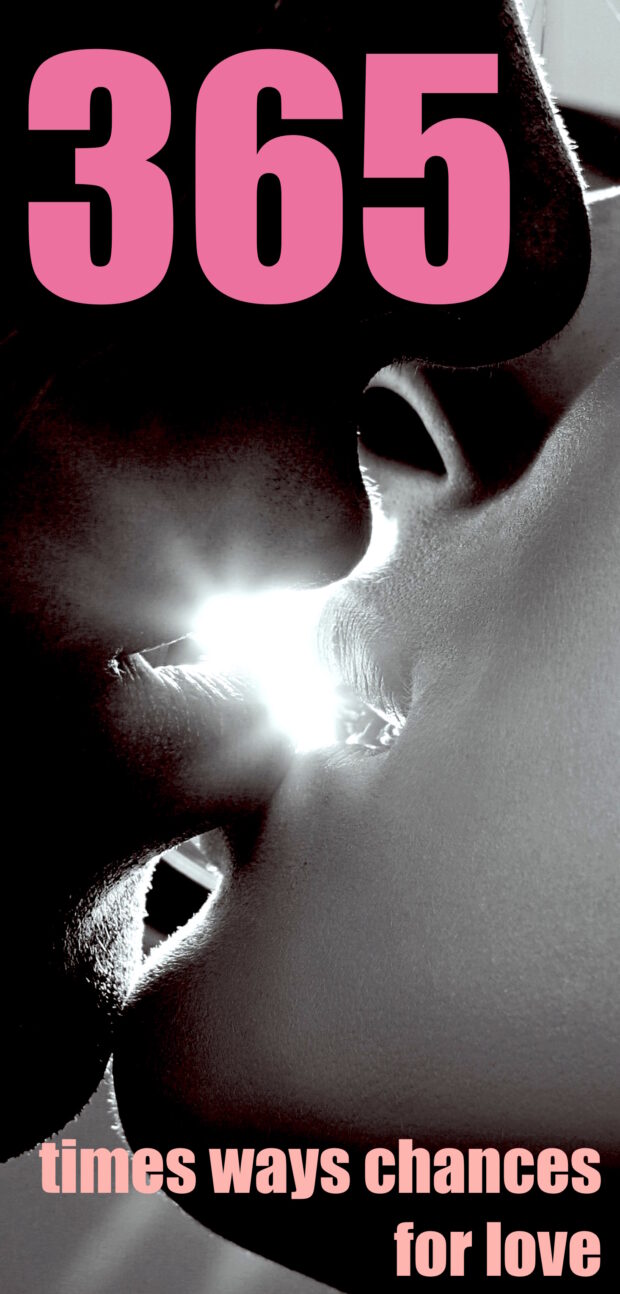
1 year, 4 seasons, 1 couple, 365 love scenes
real and imaginary, or are they?
The screenplay is an imaginary, conceptual, hypothetical film as if written by “John”, the central character, who is an aspiring screenwriter, an outsider and a rebel. John is adopting his “love-journal” that he created documenting his love scenes with his girlfriend “Jane” to an imaginary screenplay, a movie that would not be made by any main-stream filmmaker, as it is too intimate and risque.
With the advent of the internet, there are millions of such pieces out there in various forms. Whether they are photos, blogs, videos, tweets, social-media text bits – our compulsion to document and share the most intimate moments has become the fabric of our collective consciousness.
It is a “journal” – someone writing it down right afterwards, sometimes next morning, next day, next week. Sometimes it is a re-telling of the stream of consciousness, or trying to capture it as if the writer lost track of whether the dialogue was actually spoken, or went through the mind at the time, or occurred after the fact.
Filmic approach in Poly-Vision
Polyvision was the name given by the French film critic Émile Vuillermoz to a specialized widescreen film format devised exclusively for the filming and projection of Abel Gance’s 1927 film Napoleon.
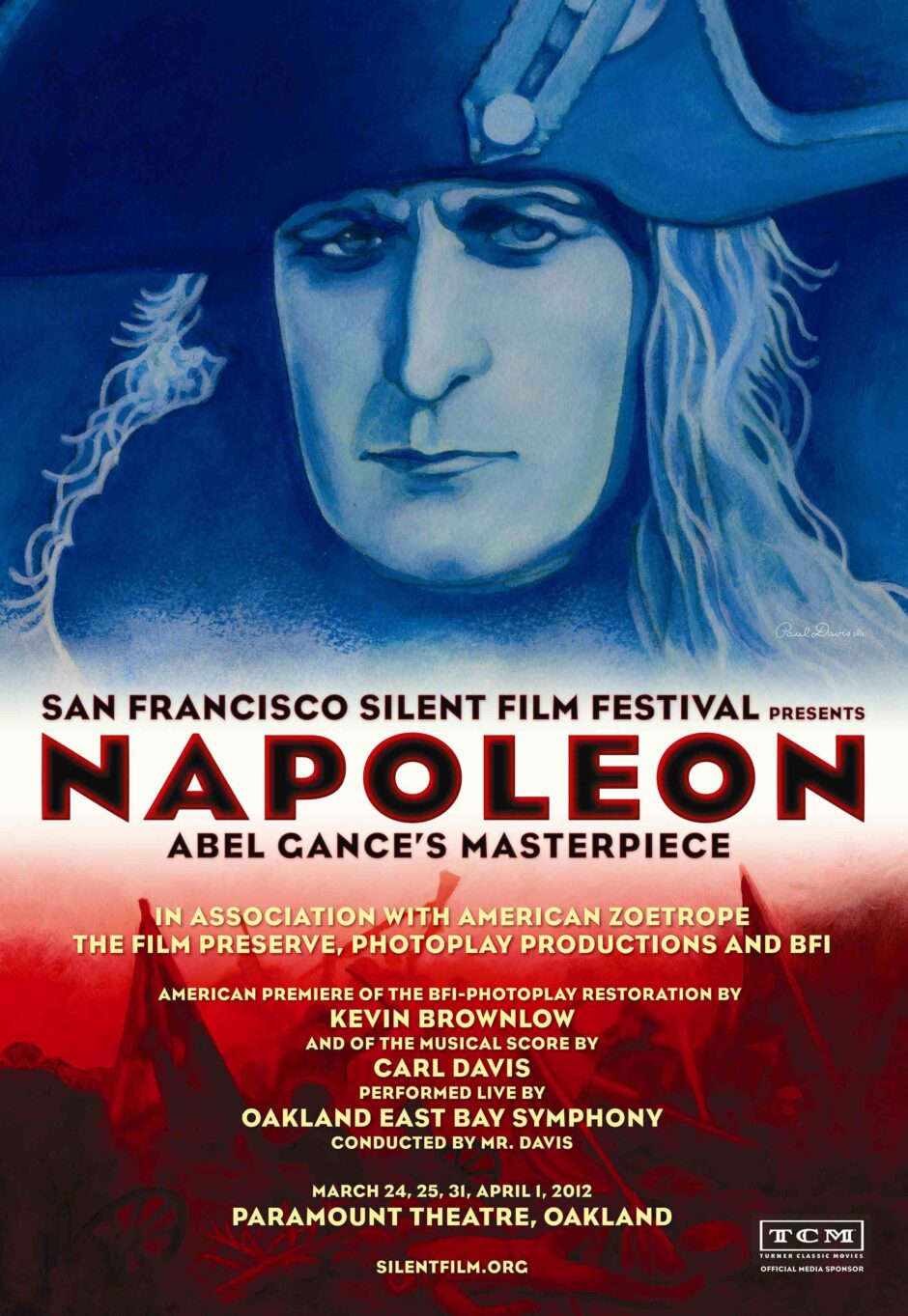
Polyvision’s with an aspect ratio is 4:1, is the widest aspect ratio in existence.
Polyvision involved the simultaneous projection of three reels of silent film arrayed in a horizontal row, making for a total aspect ratio of 4:1 (1.33×3). Polyvision’s extremely wide aspect ratio was the widest aspect ratio yet seen, even though it is technically just three images side by side.
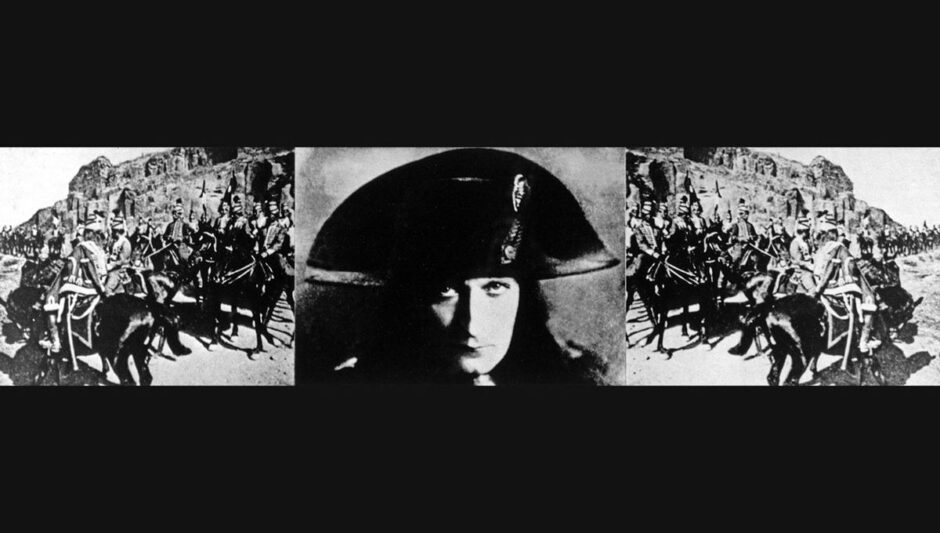
Three film cameras were stacked vertically to shoot the widescreen compositions which would be viewed across all three sections. Gance also used the three strips to create triptych compositions of panels contrasting or simultaneous action, mirrored sides framing the center strip, and perceptual cross-cutting.
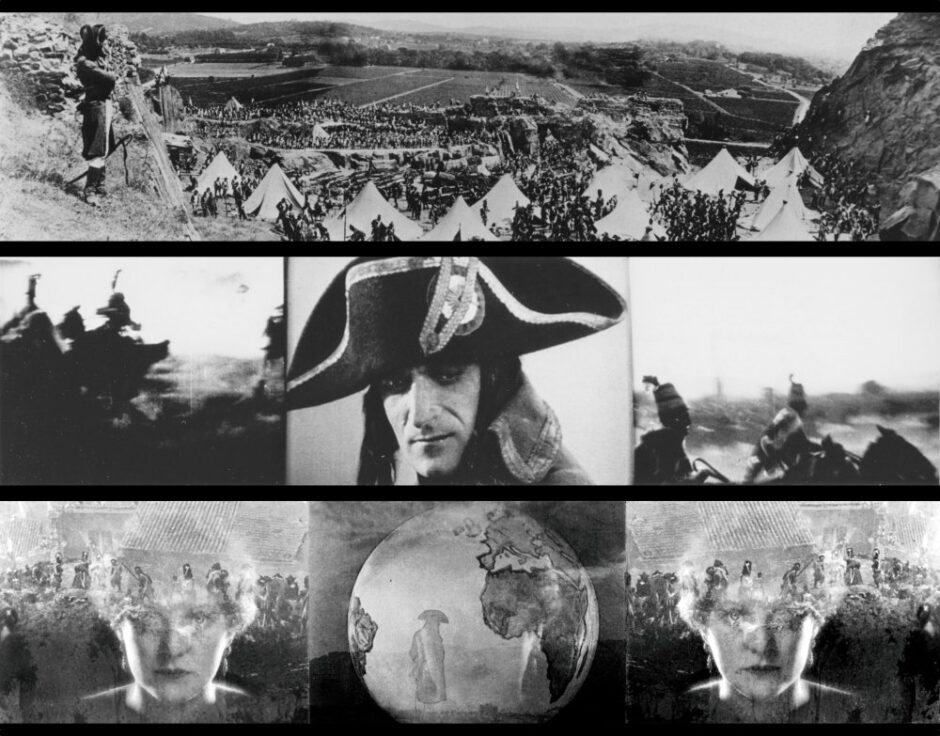
Gance was unable to eliminate the problem of the two seams dividing the three panels of film as shown on screen, so he avoided the problem mostly by putting three completely different shots together. When he wanted a single image stretching across the three screens, the seams were visible.

Polyvision was only used for the final reel of Napoleon, to create a climactic finale. Filming the whole story in Polyvision was impractical as Gance wished for several innovative shots, each requiring greater flexibility than was allowed by three interlocked cameras. finishes with a flourish intended by Gance: it uses red and blue tinted film on the left and right panels to create le tricolore—the flag of Napoleon’s triumphant army.
Body as Landscape
365: Love Journal is an epic story, and a lot of it is seen in extreme close-ups, the bodies of the lovers often becoming landscapes that will stretch across the whole screen, almost like monumental panoramas seen in landscape photography, there the micro-cosmos becomes the epic.
Before film, I went to art school and studied sculpture. I was influenced by sculptors like Aristide Maillot, Henry Moore, Rodin, Giacometti, and some of the influences will become part of the visual language for this film.
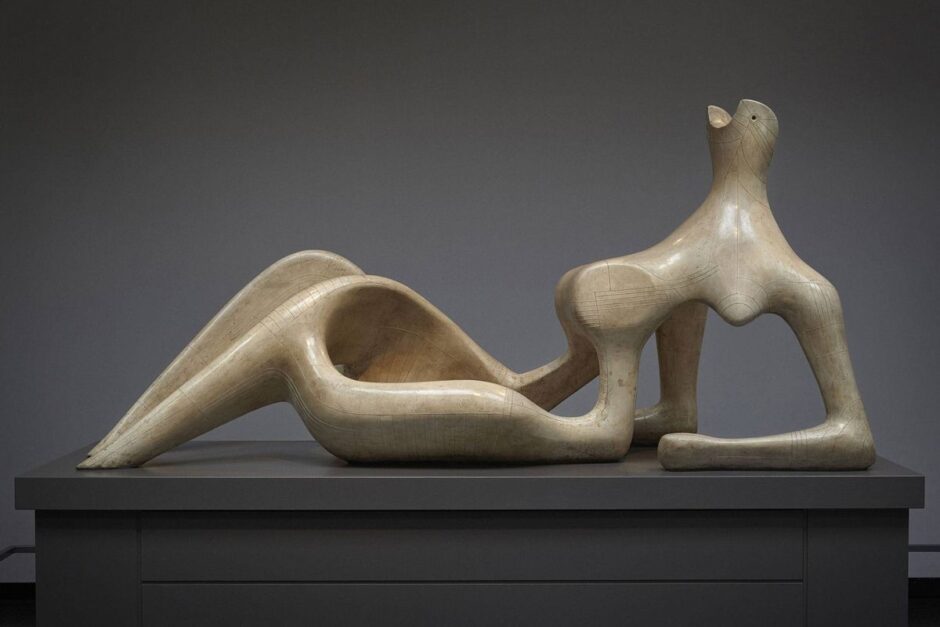
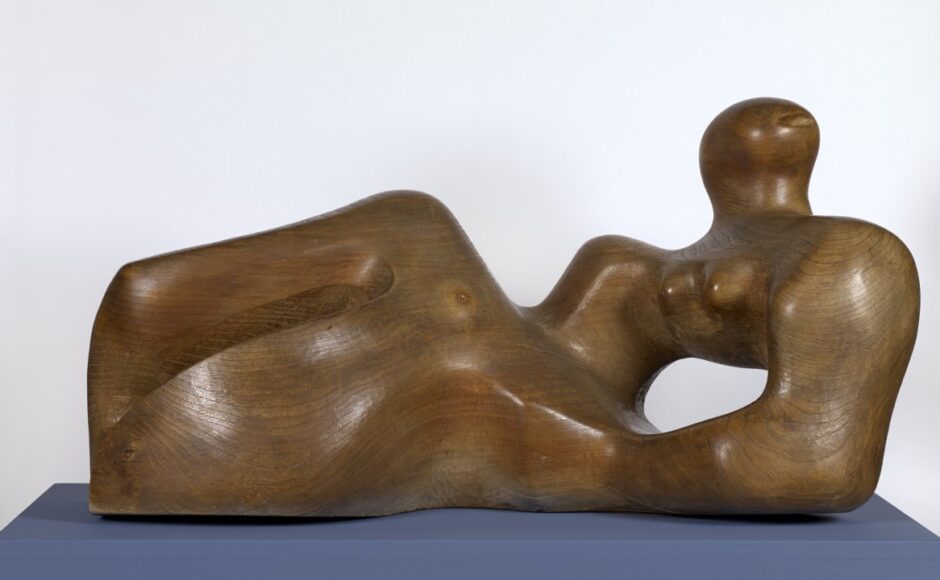

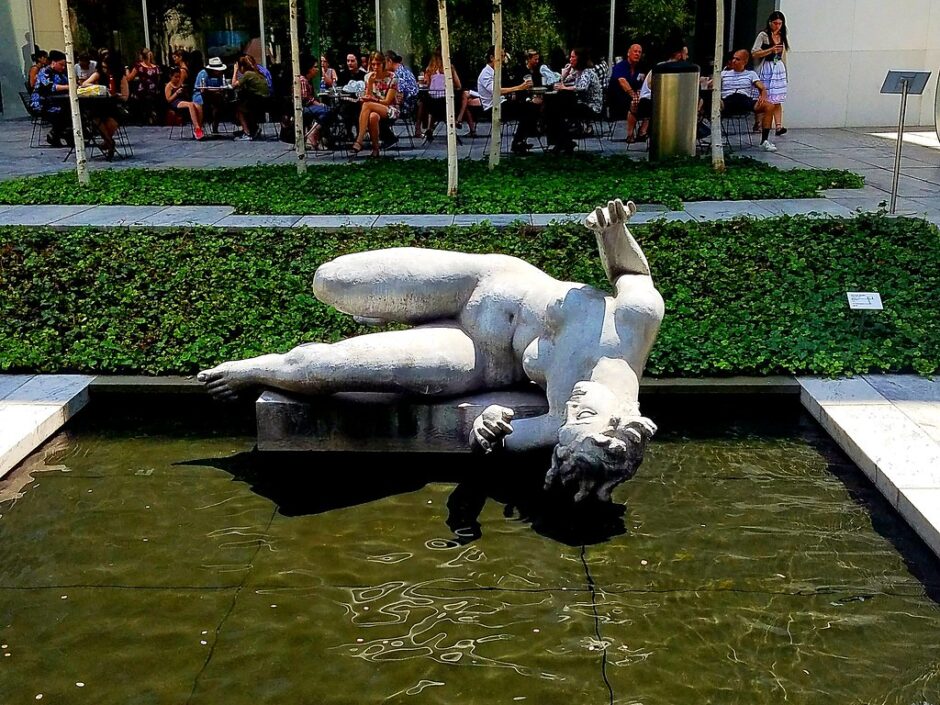
The challenge of this material would be to minimize the nudity, rather make it a poetic-literary stream of consciousness full of beautiful hypnotic images, a film about memory, poetry, art, the soul… and the mind of these two characters. It will also be a way to open up the film so it does not become just two-actors-in-one room.



Sculptures by Rafal Zielinski, Stowe School, UK
I see this as a 240-minute movie (in four parts: Winter, Spring, Summer, Fall) with a non-stop continuous-hypnotic-sound-track that could almost place you into an altered state – it’s about those moments in our lives when we are in that zone. The non-stop beat will help us jump in time within scenes and even edit them as non-continuous events – fragmented – as if snippets of memory…. it may involve working with 4 different DJs creating a separate piece for each of the four seasons.
My hope is to premiere the film as a triple screen immersive experience live event in 4 parts, with intermission, each with a live score by each of the 4 DJs. It could as a multi-city tour, followed by a conventional theatrical and video release.
